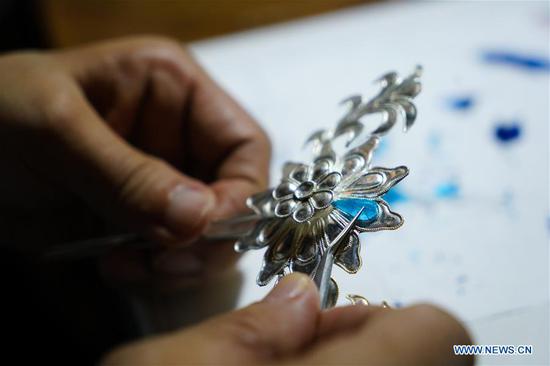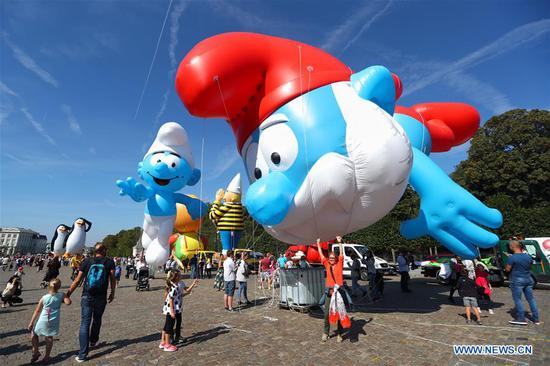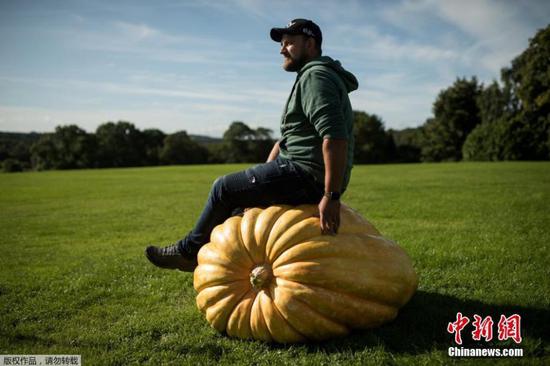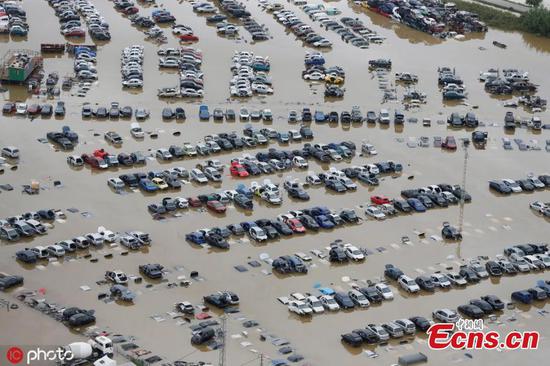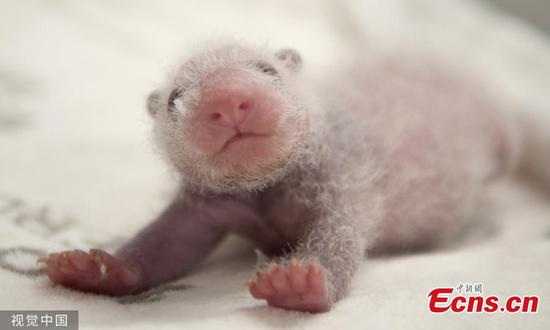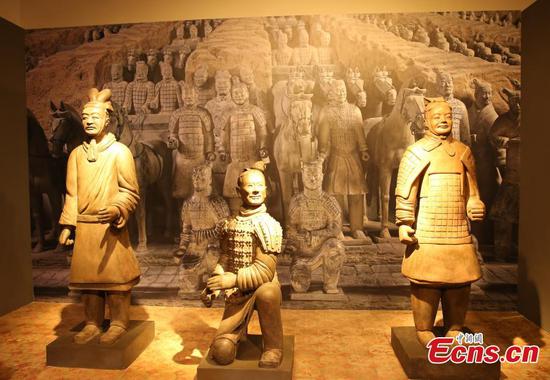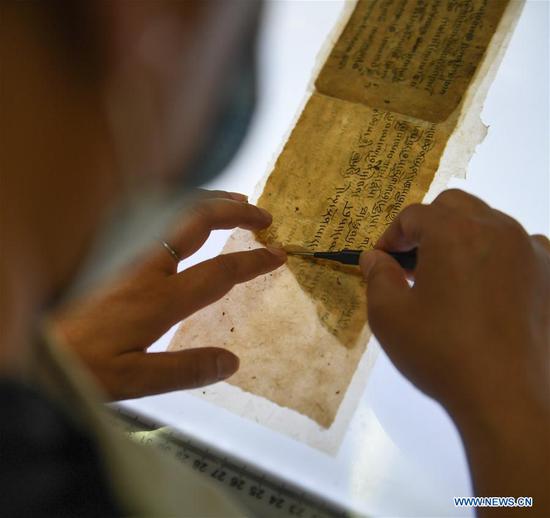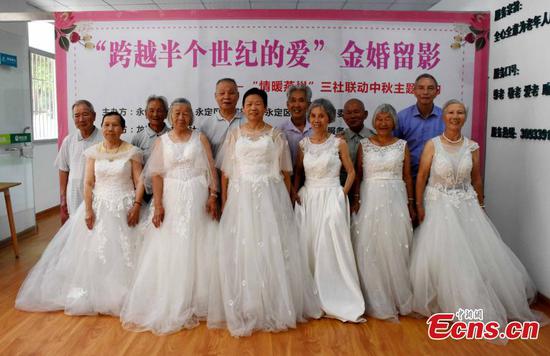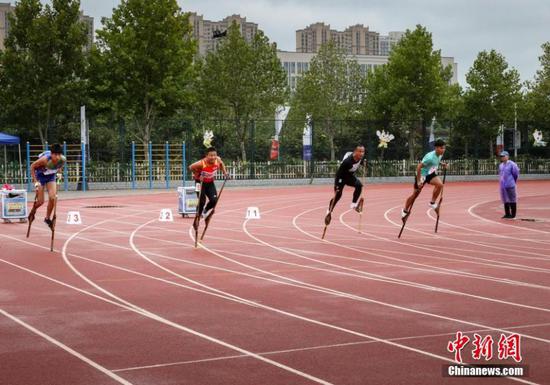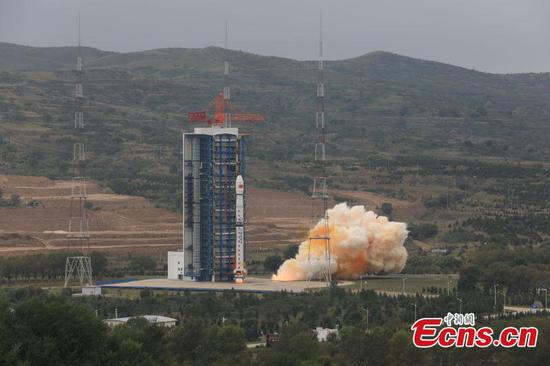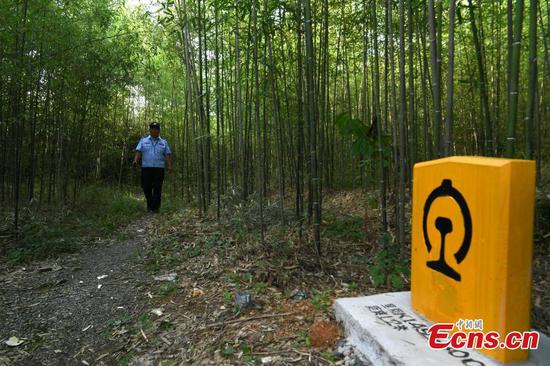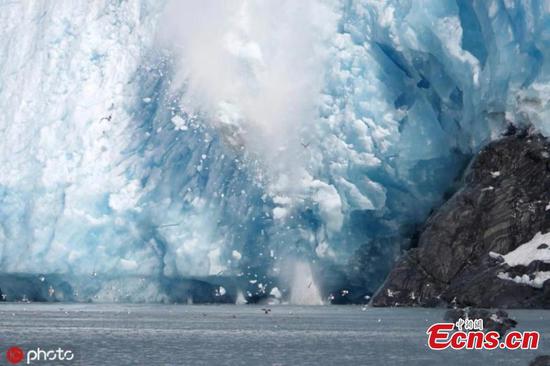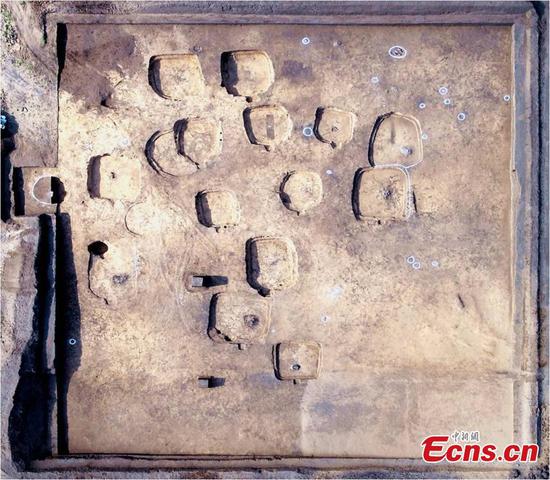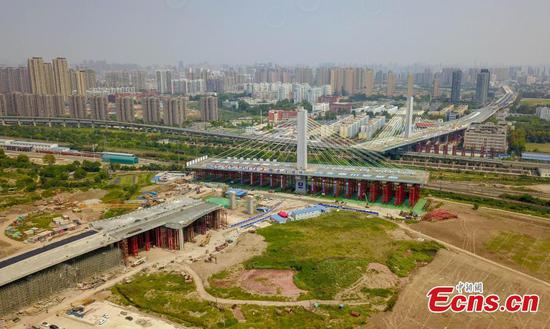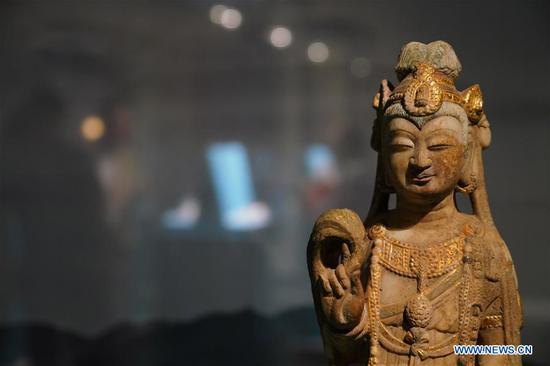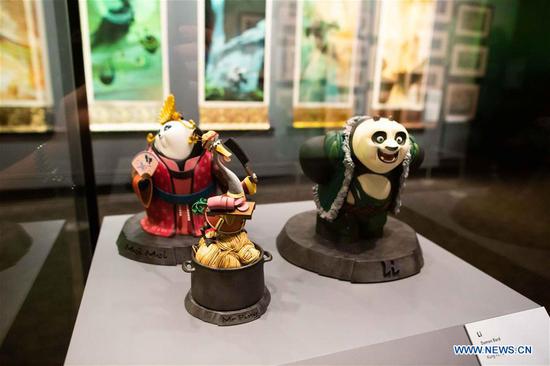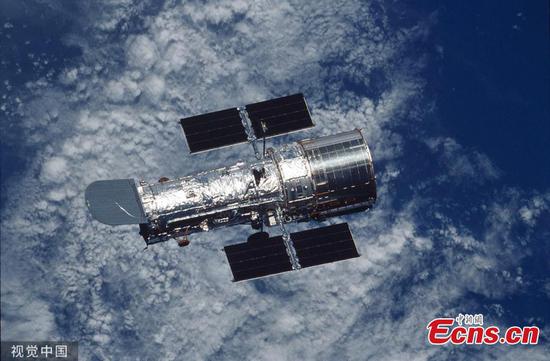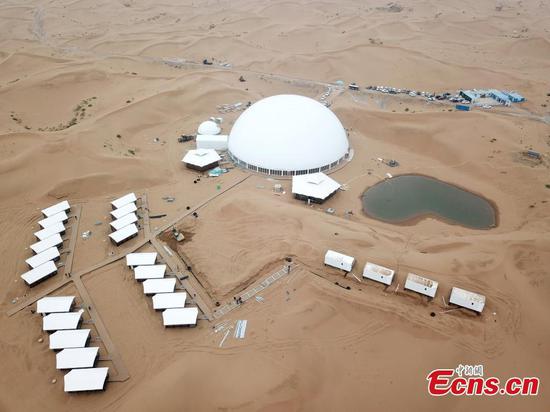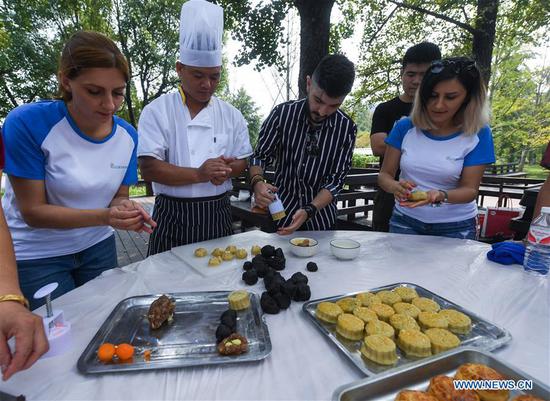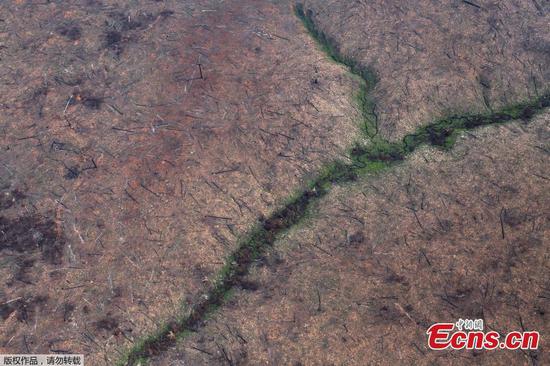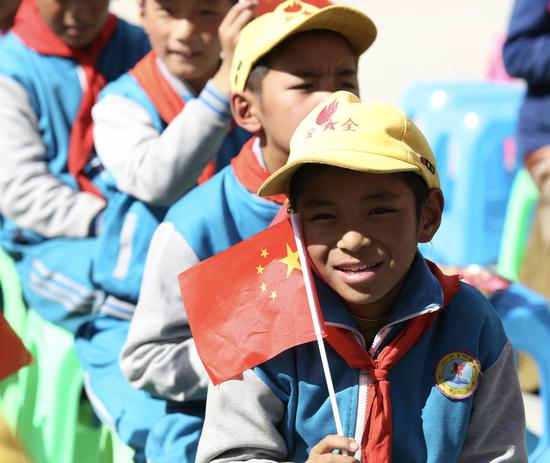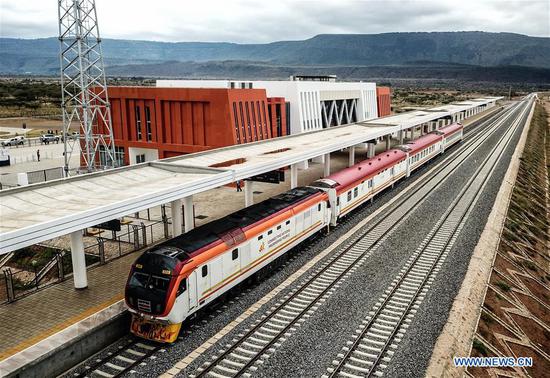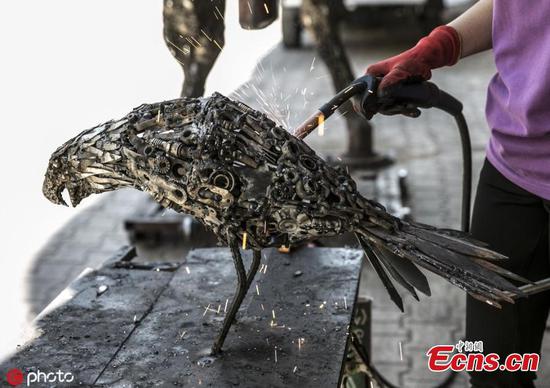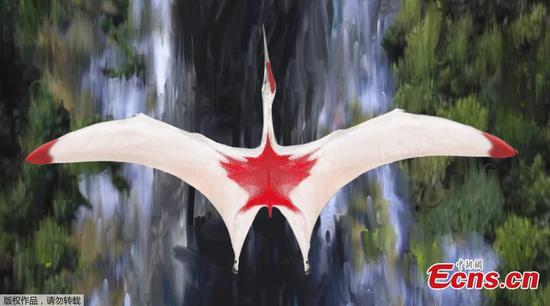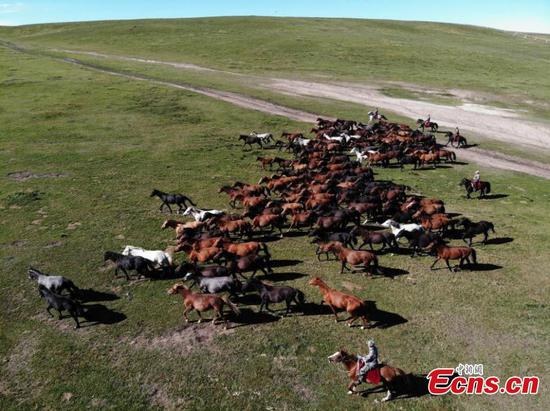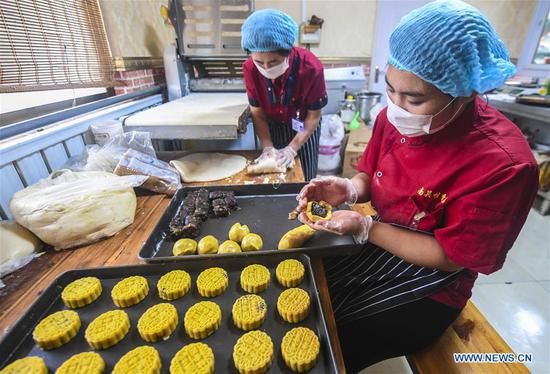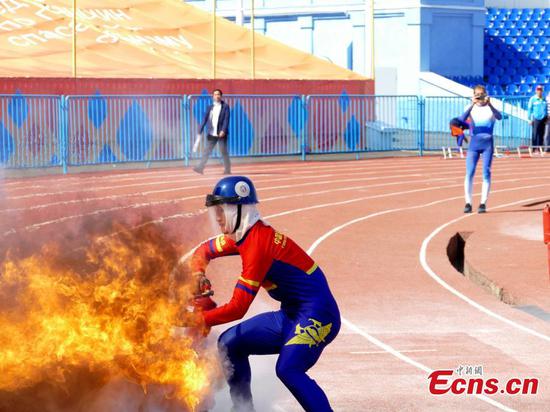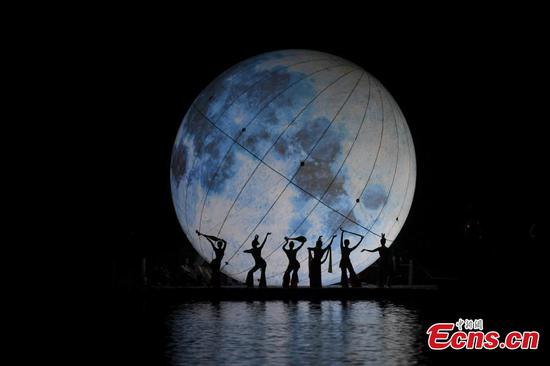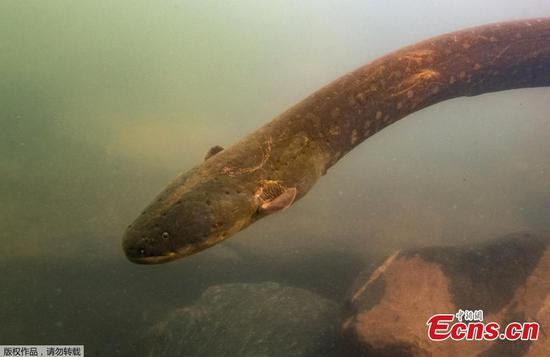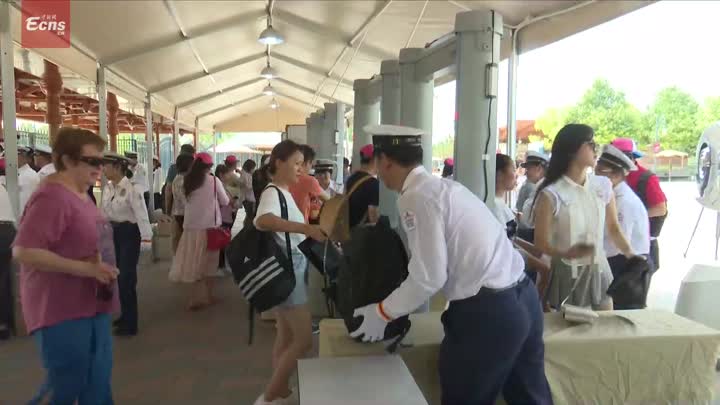At the invitation of Russian Prime Minister Dmitry Medvedev, Chinese Premier Li Keqiang will begin his three-day visit to Russia on Monday, which comes as the two countries are embracing the 70th anniversary of the establishment of diplomatic ties and ushering in a new era in their relations.
During the visit, Li will hold talks with Medvedev in St. Petersburg and sign a joint communique of the 24th regular meeting between Chinese and Russian heads of government. Li will also meet with Russian President Vladimir Putin in Moscow.
Three months after the two sides upgraded their relations to a comprehensive strategic partnership of coordination for a new era during Chinese President Xi Jinping's visit, how will they open the curtain of China-Russia relations in the new era?
Highest degree of mutual trust within regular meeting mechanism
"The regular meeting between the heads of government is a great platform to coordinate our practical cooperation and provide assistance to it. This mechanism has worked continuously for 23 years," Chinese Foreign Ministry spokesperson Hua Chunying told reporters on Monday.
Putting a mechanism in place is an important feature of the function of the new type of state-to-state relationship. As China's ambassador to Russia Zhang Hanhui noted, regular consultations that function at every level, from meetings between heads of state and government ministers downward, have played an important role in enhancing the bilateral relations.
Chinese President Xi has visited Russia eight times and met with Putin 31 times since he took office as the Chinese president in 2013.
Forty to 50 meetings are held annually at the deputy-ministerial level and between heads of relevant departments.
High-level, frequent and high-quality interactions play an irreplaceable strategic leading role in bilateral cooperation in various fields, experts said.
More practical cooperation, closer coordination in global affairs
As Chinese Vice Foreign Minister Le Yucheng briefed the media earlier, Li's visit has two major objectives: consolidate the material basis of bilateral relations and voice their support for safeguarding multilateralism in global affairs.
According to the Ministry of Commerce, China's direct investment in Russia expanded by 13 percent year on year in the first seven months of 2019, covering a wide range of sectors ranging from energy, agriculture and forestry development to automobiles and food processing.
By the end of this year, the first Sino-Russian cross-border highway bridge connecting Heihe City in northeast China's Heilongjiang Province and Russia's Blagoveshchensk, and the east-route China-Russia natural gas pipeline are expected to be ready for operation.
People-to-people and cultural exchanges have also flourished with the success of the "Chinese Tourism Year," "Russian Film Festival" and "China-Russia youth friendship and exchange years," and more are on the way, such as the China-Russia year of scientific and technological innovation from 2020 to 2021.
As Premier Li noted in March, "Huge potential lies in China-Russia cooperation."

On the world stage, China-Russia coordination has become an indispensable and irreplaceable force in helping solve major global and regional hot-button issues, against the backdrop of a world that has been undergoing complicated and profound changes.
The two countries have conducted effective coordination within multilateral mechanisms which they both participated in, including the United Nations, Shanghai Cooperation Organization, BRICS, APEC and G20, among others.
As Chinese State Councilor and Foreign Minister Wang Yi said, when China and Russia stand together, the world will be a safer and more peaceful and stable place.









